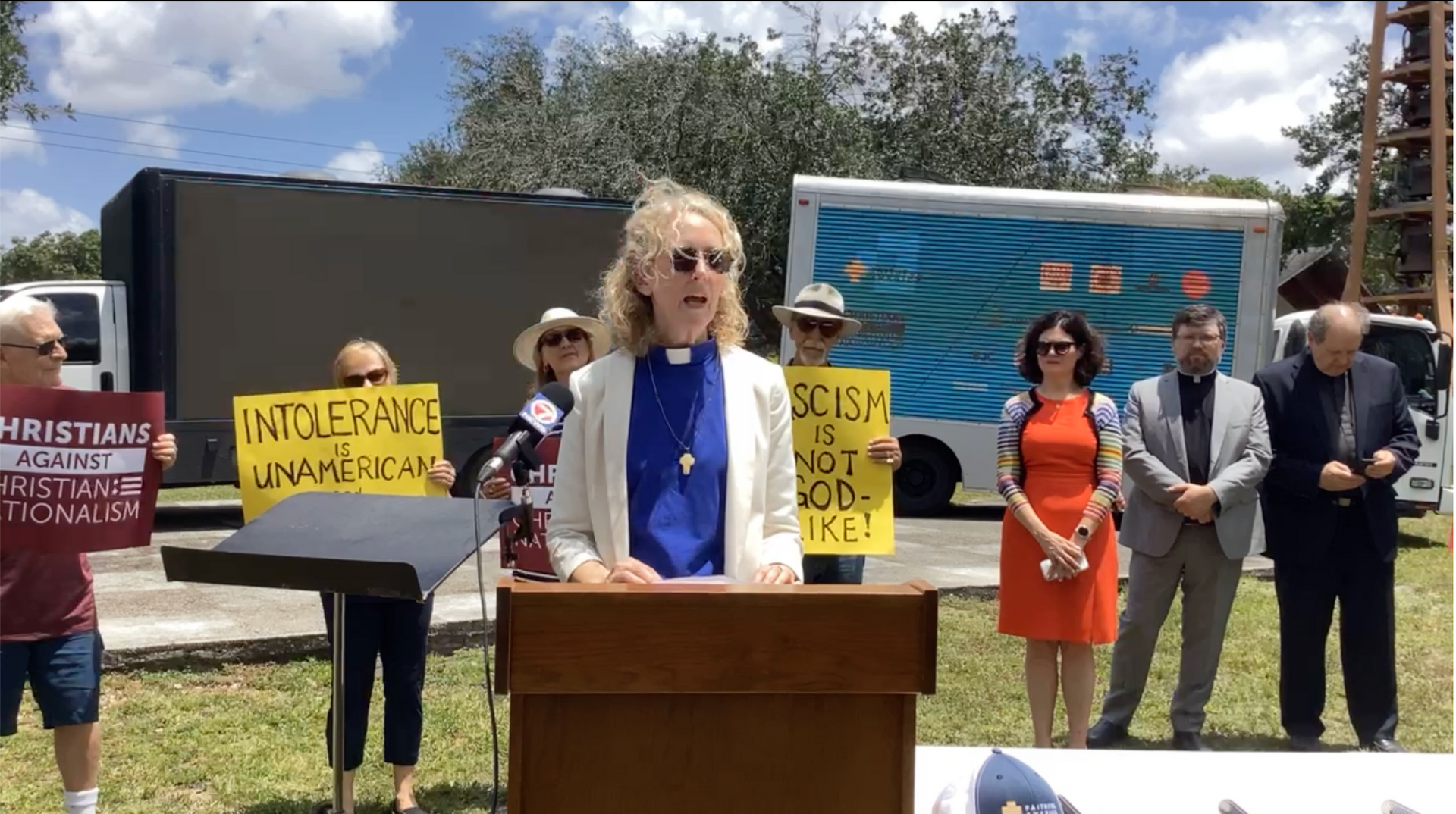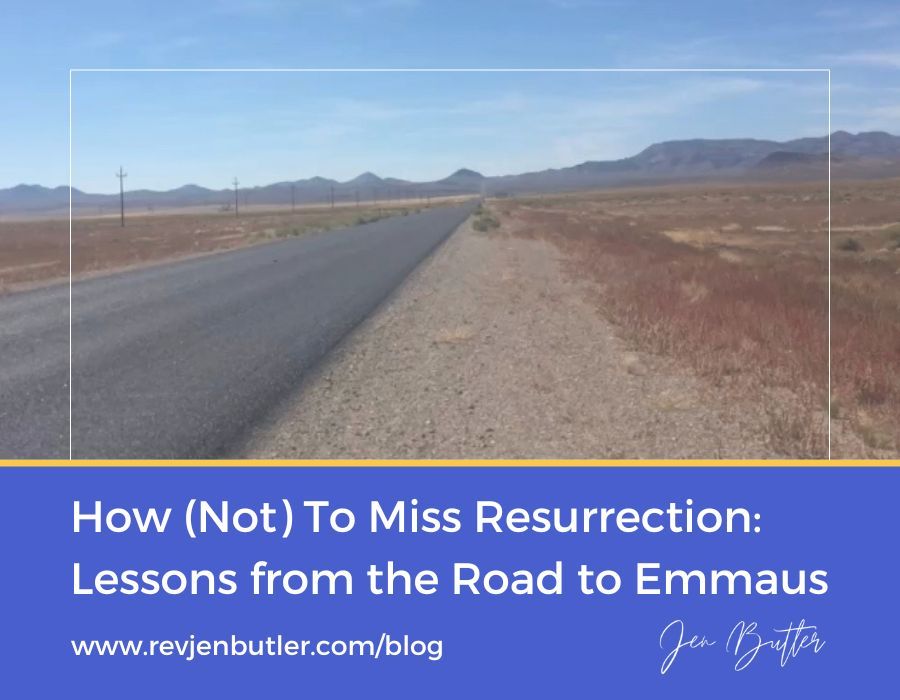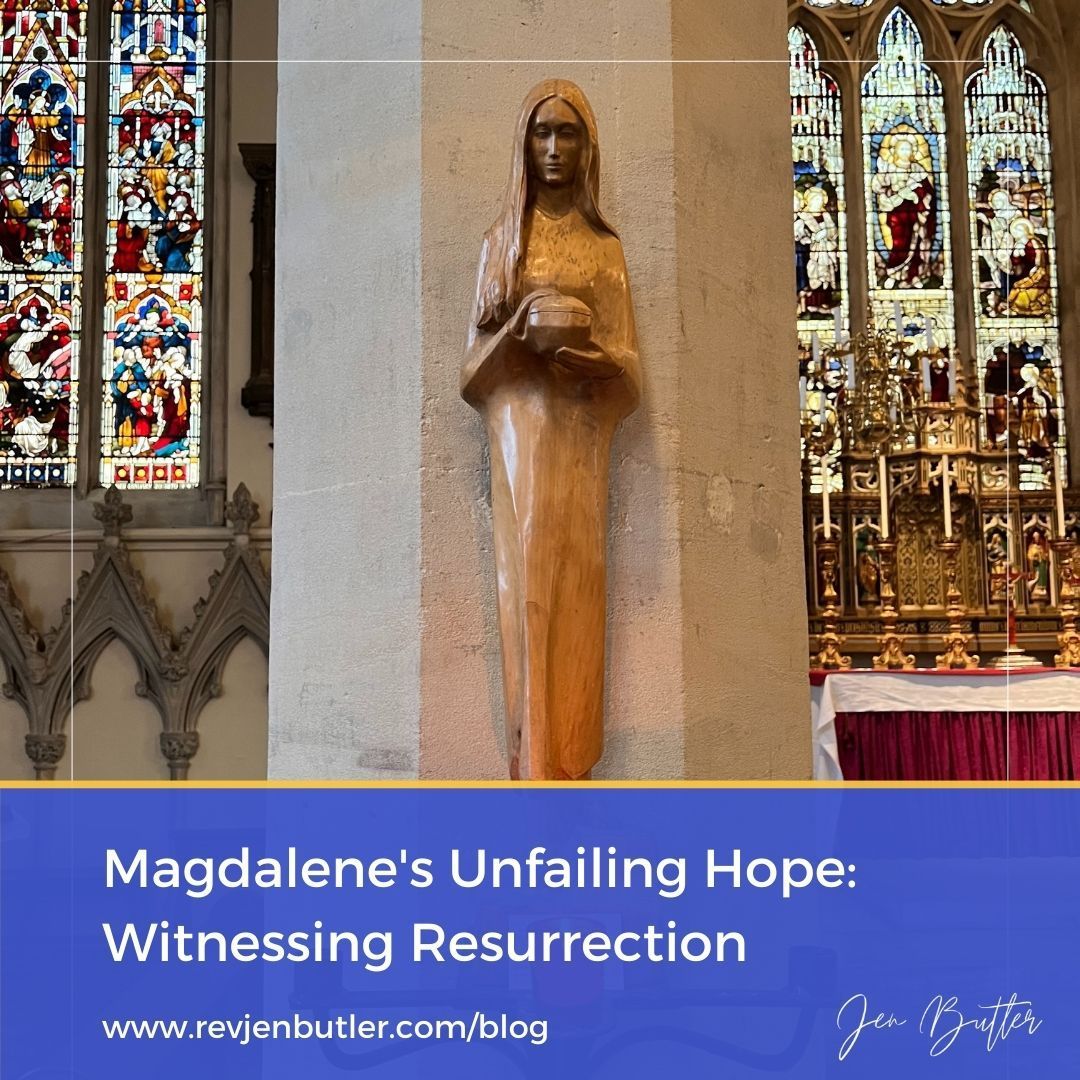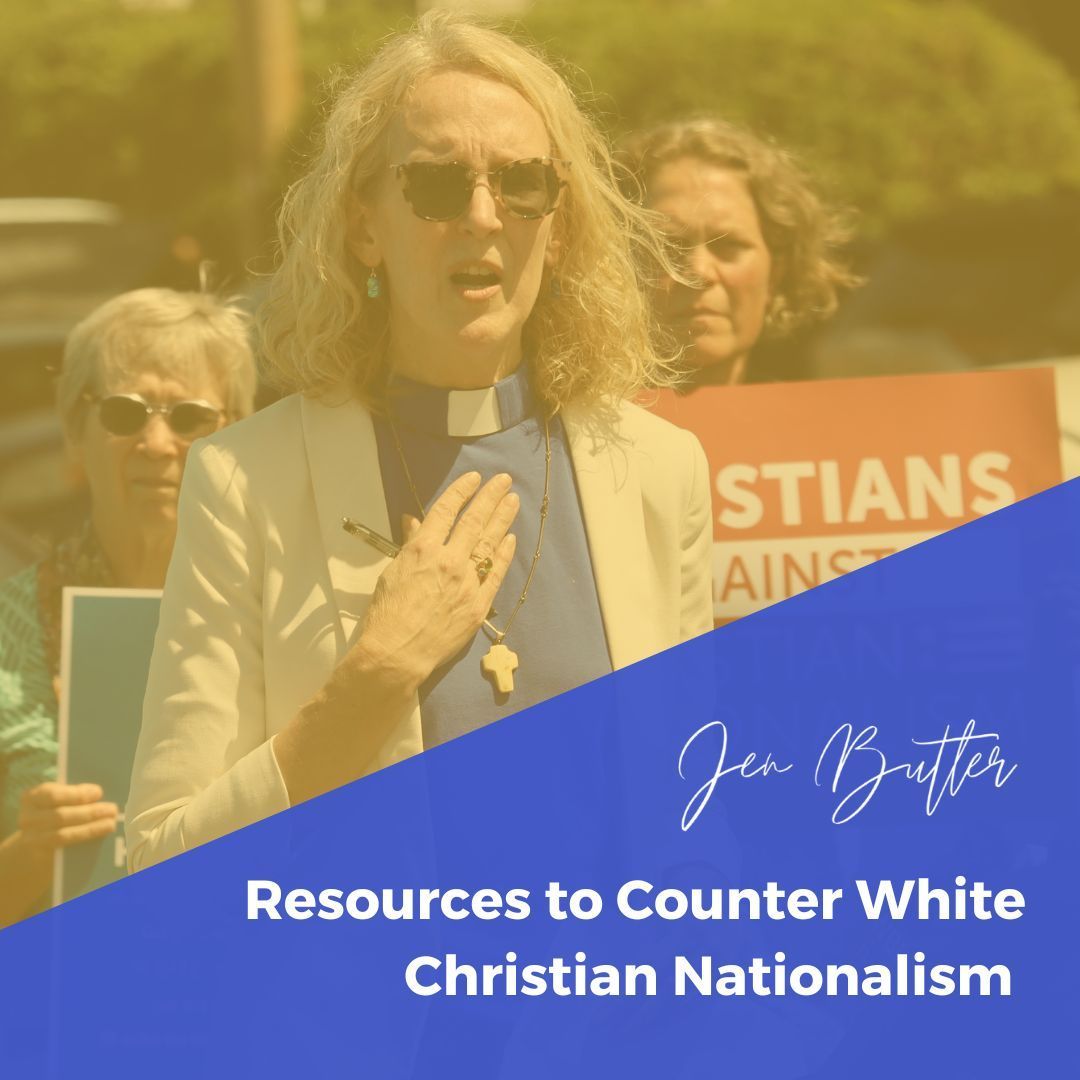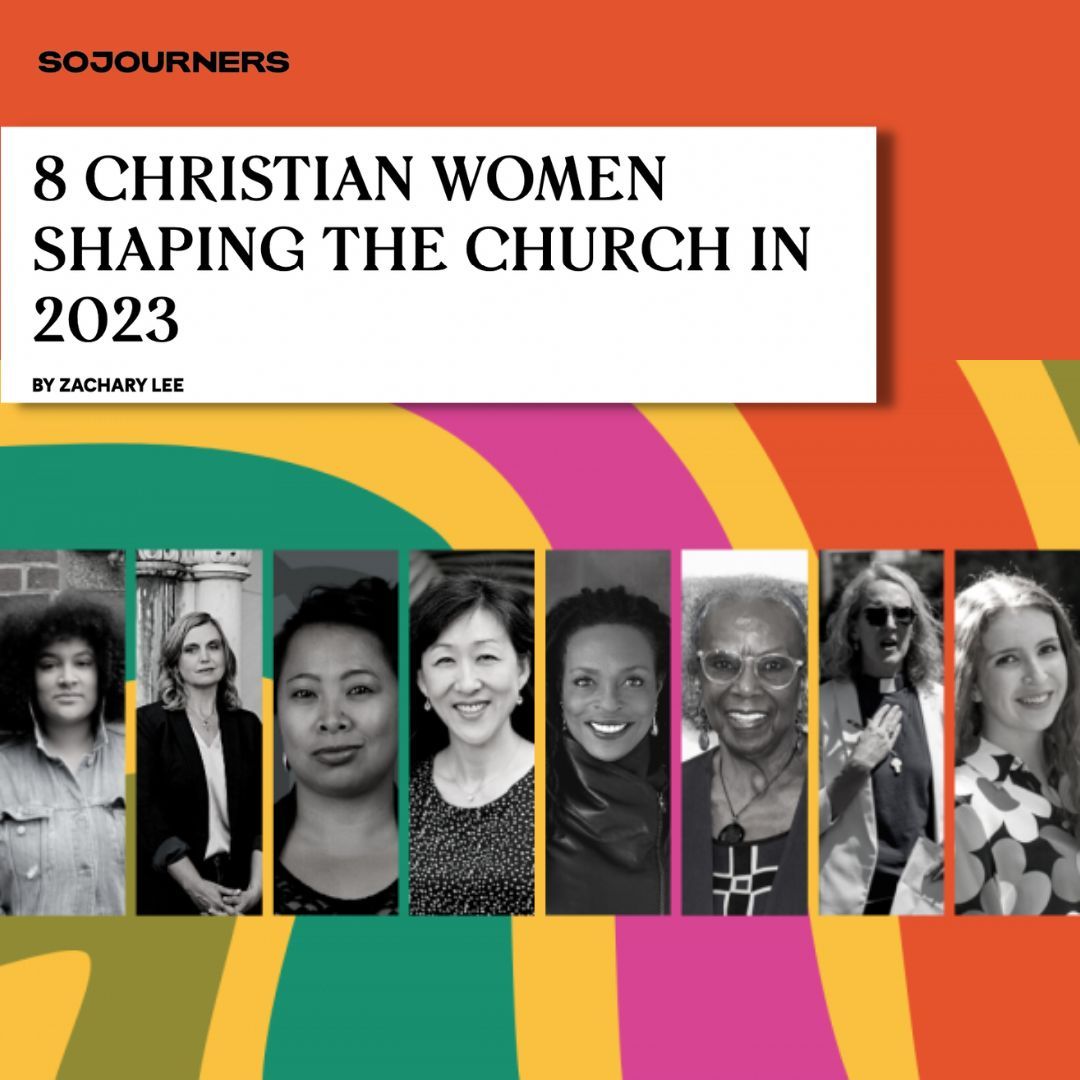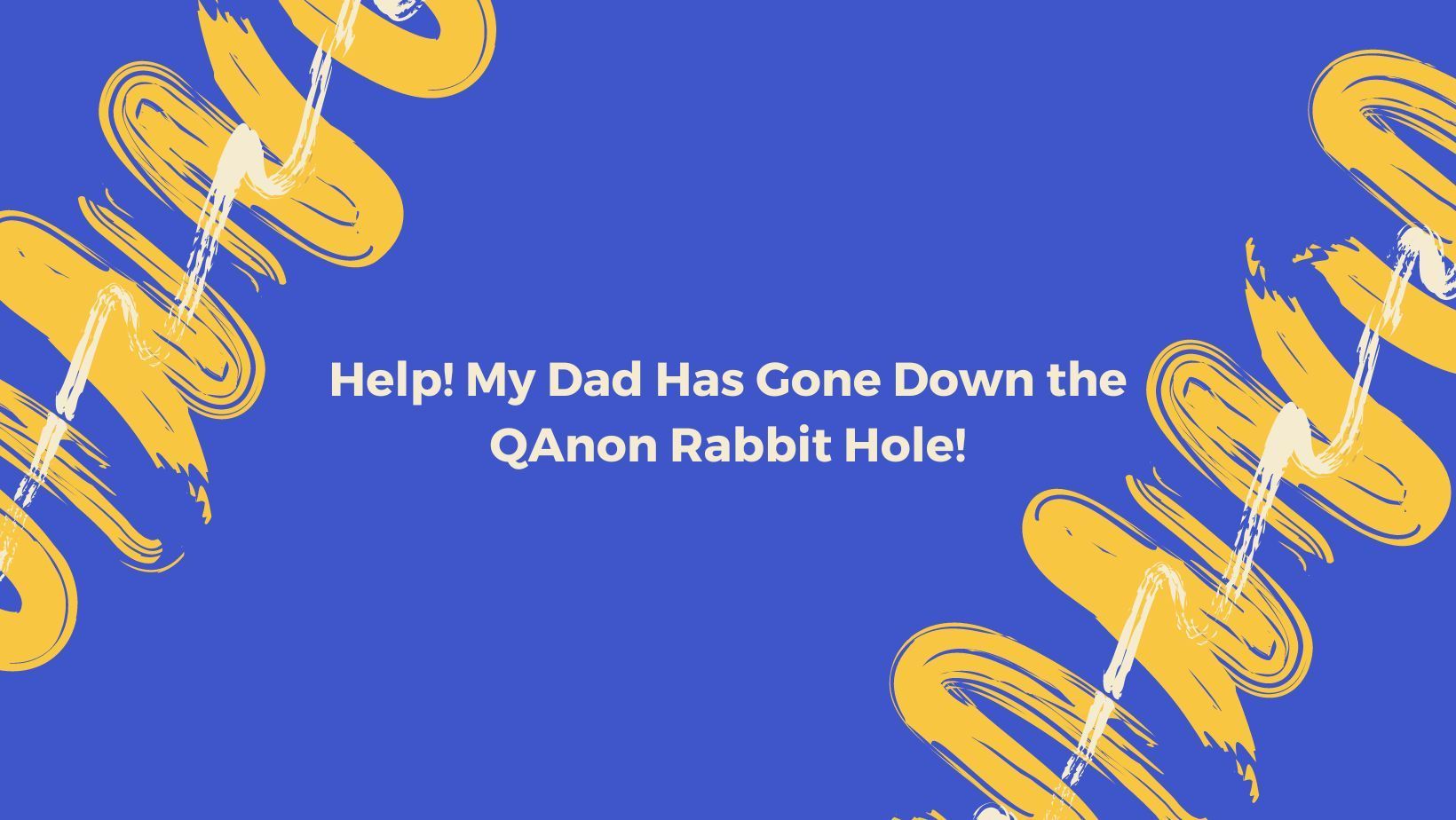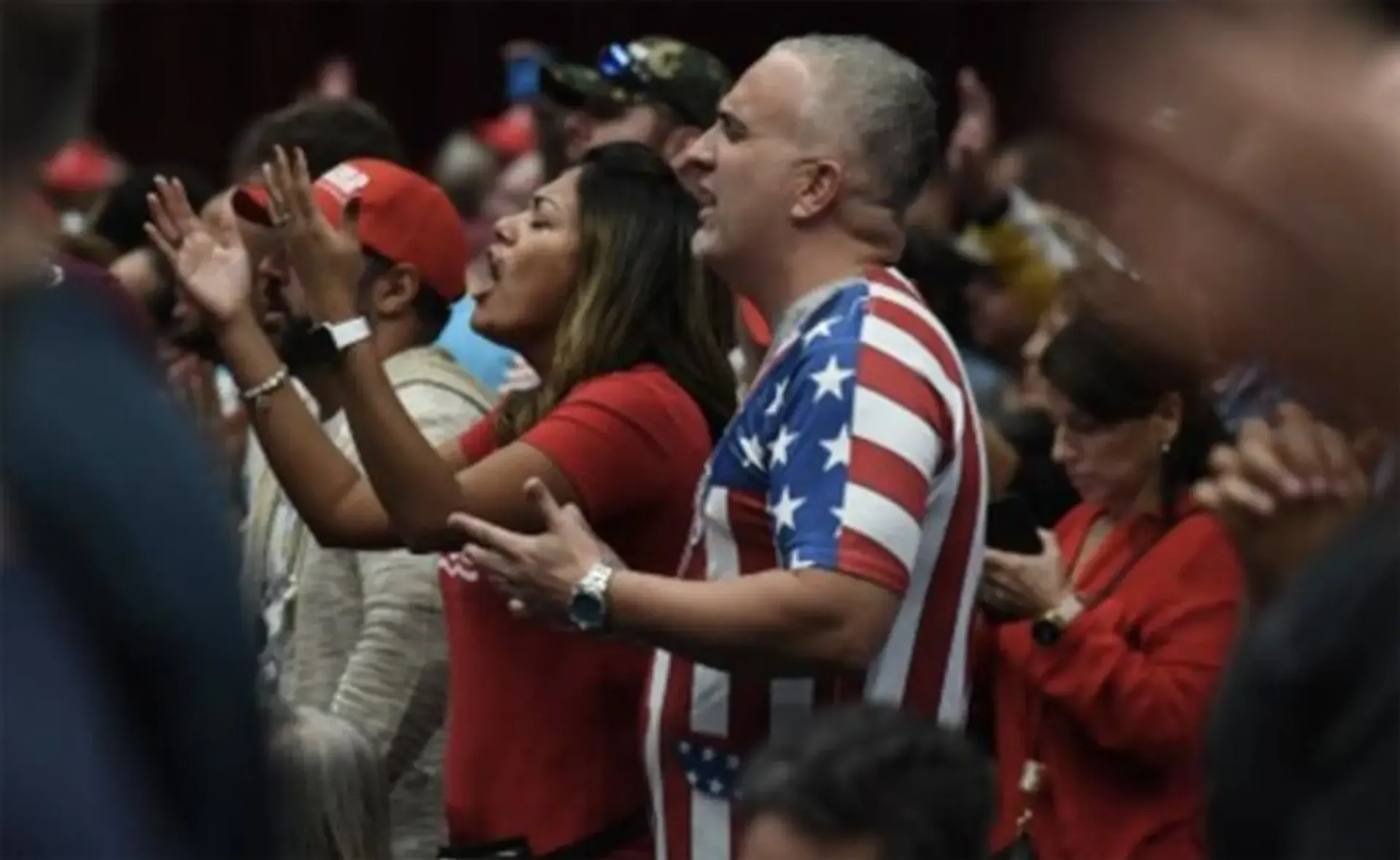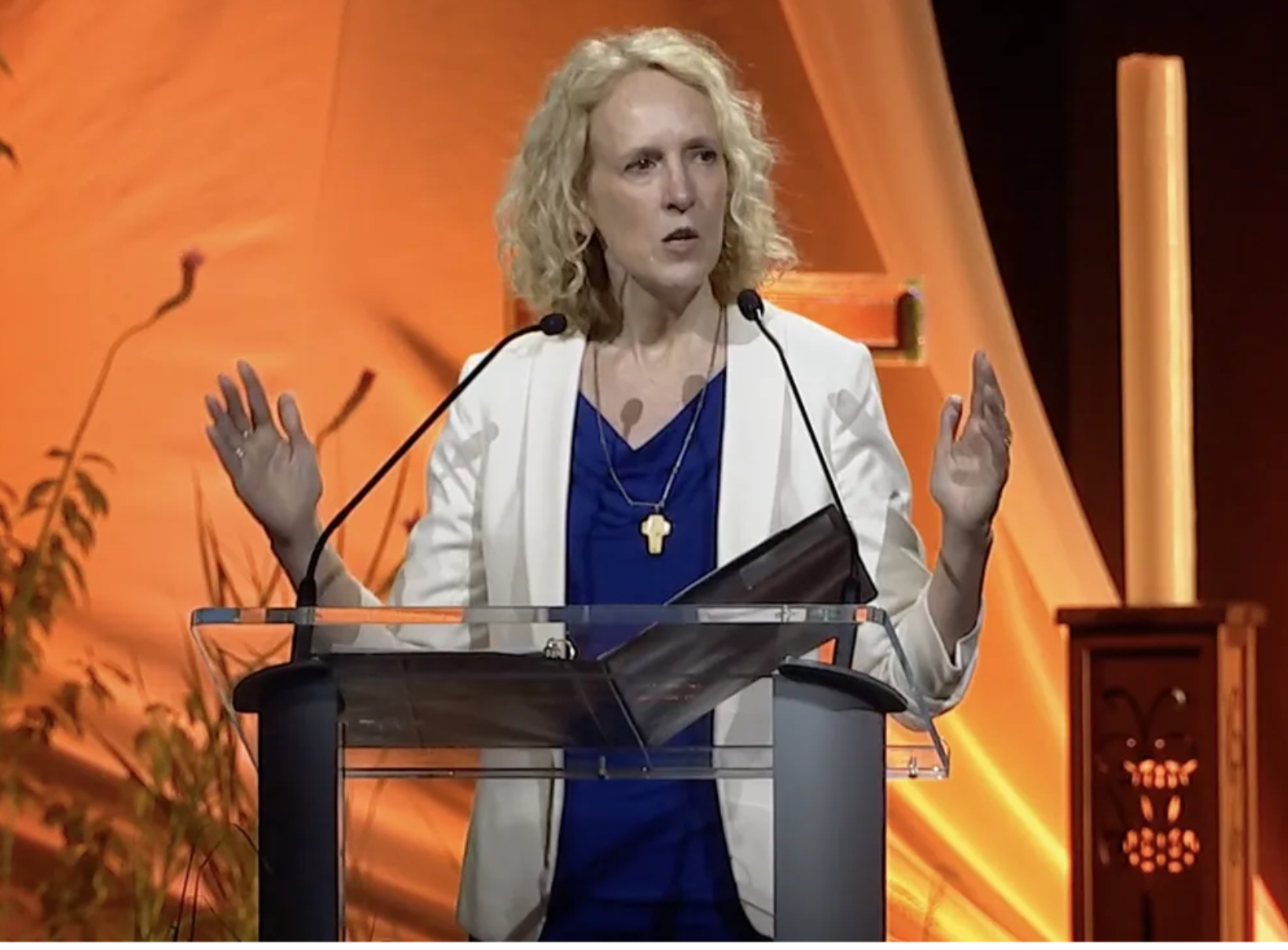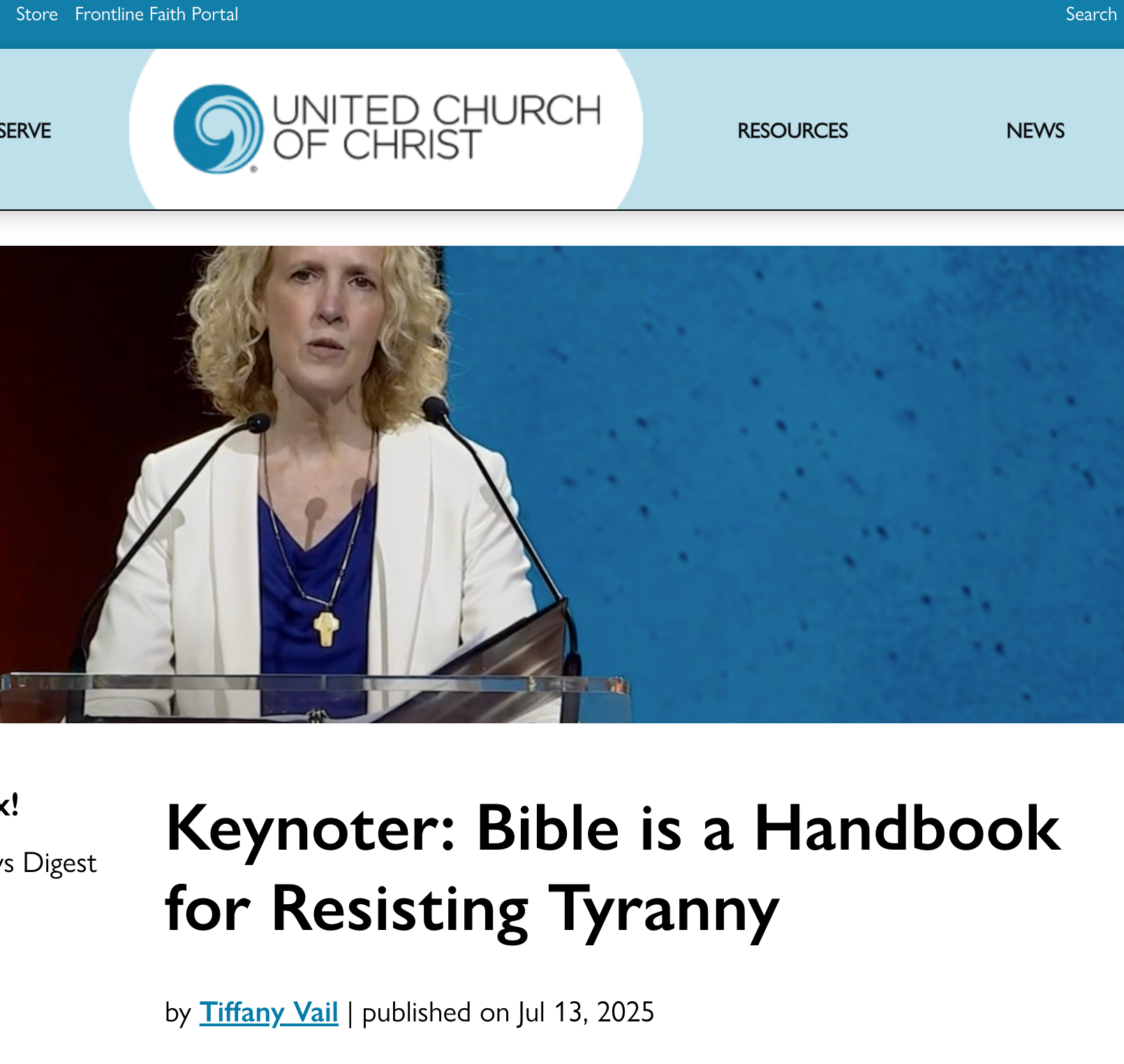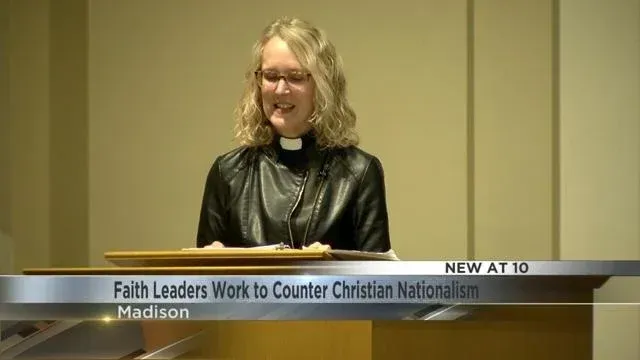Making all things New | Revelation and the right to vote
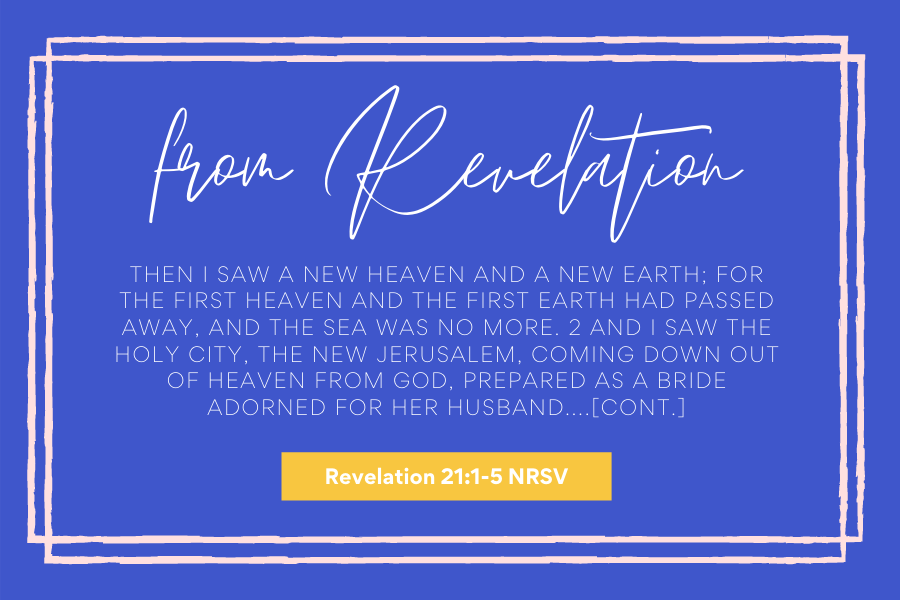
Originally published at www.ourbibleapp.com
As a pastor who prays and works fervently for justice for our neighbors, I yearn and organize for a healthy democracy. But our system is ailing. While critical priorities such as LGBTQ equality, immigration reform and COVID relief are moving in the Democratically-led Congress, misguided Republican politicians are trying to silence voters of color rather than listen to them.
At the national level, Congressional Republicans and pundits with huge platforms are lying about the legitimacy of the election to justify a wave of new barriers to voting. At the state level, they have introduced 165 bills in 33 states that would create barriers to the ballot box and restrict the freedom to vote. Make no mistake -- this is about keeping Black, Brown, young, elderly and disabled voters from exercising their most fundamental democratic right.
As people of faith, we will defend the right to vote with the same vigor we harnessed to stop tyranny in 2020, and with the same determination as our forebears who worked together across religious lines to pass the Voting Rights Act. Fortunately, we have an opportunity to mobilize right now -- the House of Representatives will soon take up the For The People Act, which will expand access to the ballot box in every state and end partisan gerrymandering. Together, we can ensure that every eligible American has the freedom to vote, and that the results of our elections reflect the will of the people.
Working in faith-based political advocacy for the last 15 years has taught me that neither victory nor defeat is ever final. God’s work is never complete. But certain moments set the stage for long-term changes of course. We face just such a moment right now. Loving our neighbors means ensuring that their political voice is heard. This is the foundation upon which dignity and justice for all are built.
The author of Revelation, John of Patmos, would say that these trials are an apocalypse—not the end of the world, but a revelation—should we allow ourselves to see them. Though unwelcome, these crises are an opportunity to see and do something new.
Worldly tyranny conquers and rules not by constant use of overwhelming force, but by convincing us that hope and resistance are futile, and that truth itself is unknowable. The oppressor seeks not only to break our bodies, but to break our faith. We see this throughout history, right up to attacks on democracy and equal rights today.
For Christians, choosing to persist in our efforts to establish justice -- whether through protest or voting or petitioning our elected officials -- is therefore an act of faith that asserts our belief that a new world can come. By daring to believe that a better world can come, and acting accordingly, we lay the groundwork for God’s reign, and open our eyes to it.
The book of Revelation is the great revealing of both the brutality of the Roman Empire and Jesus’s power to overcome it. Writing in exile on the island of Patmos, John reveals that Jesus -- not the Emperor who exiled him -- is actually Lord. In the 21st Chapter of Revelation (Revelation 21:1-5), John shows us what Christ’s second coming will be like. And it is beautiful. For John, writing it down was an act of resistance as well as faith.
It would be easy for us to doubt whether our nonviolent, lamblike faith can go up against a slaughtering beast and win. Is the revolutionary love we speak of strong enough to challenge the wicked powers of the day? Do our votes count? Does our protesting, organizing and fervent prayer for justice and equality ever pay off?
John, writing from a penal colony, said yes. He encouraged his followers to choose a different state of mind and to invest in the goodness of God, even at the risk of death, even though success seemed unlikely.
The first step toward seeing God’s kingdom on earth is having faith that it can come, that we will witness God’s promise made manifest. Can you picture death defeated not only in heaven, but also on the earth we inhabit right now? If we have faith, we may see it. If we give in to cynicism, we will have scales over our eyes.
Action:
Spiritual Action: Gratitude is a spiritual practice that orients us toward asset-based thinking, that enable us to see what’s possible rather than dwell on the problems at hand.
Take a moment to make a list of the signs of something new emerging, signs of God’s healing and new reality. What signs of hope do you see in your community and the nation today?
Action in the World: Join the Faithful Agenda to learn more about ways to strengthen our democracy.
Prayer
God you are the great “I am,” who promises to make all things new. I see you on the move, and I name those people and moments now. (take a moment in your prayer to give thanks for these signs of God’s unfolding love in the world. Celebrate them through dance, journalling, art. Take a moment to smile at them; marvel at them).
God who works in me and in my community; I take a moment to breathe deep and to listen. To empty my mind of all my thoughts and worries and to simply sit in your presence. (set a timer, try three minutes or more if you are accustomed to this practice).
God I listen now for your guidance. (Journal. What words from the reading strike you or from your gratitude practice [the first part of this prayer] strike you? Where do they take you? The vision may take time to unfold. Sit with it for the week.)
